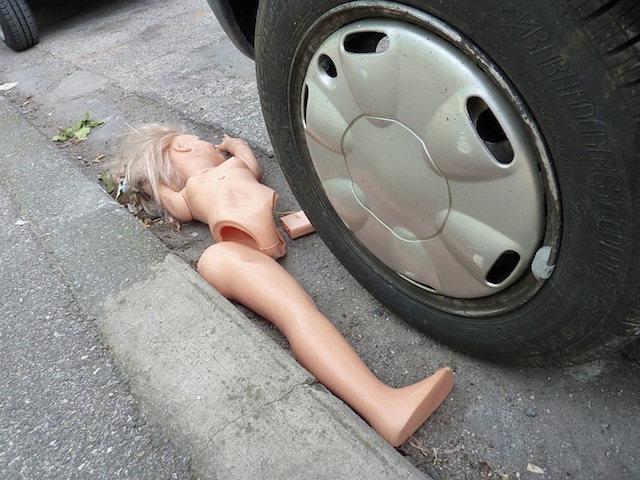Technology Spectator today discusses if fast broadband initiatives like the National Broadband Network will be good for all small businesses.
Andrew Twaites of Melbourne consultancy The Strategy Canvas posits that many businesses aren’t equipped to compete against global competitors.
The additional competitive pressures that the NBN rollout is likely place on segments of the small business sector that have to date enjoyed a degree of natural protection as a result of their customers’ inability to access super-fast broadband.
Once that natural protection falls away, many small businesses will for the first time be exposed to competition from interstate and overseas businesses
This is a very good point; many small businesses are transaction based service providers who can be easily replaced by lower cost overseas companies, particularly now foreign suppliers are easily accessible through services like O-Desk and Freelancer.com.
Every time I see Freelancer.com’s CEO Matt Barrie talk to a small business audience, I’m surprised the room doesn’t lynch him as he’s describing how their businesses are threatened species and many are living on borrowed time.
One of the reasons why small businesses are threatened is because they are under-capitalised, many simply can’t invest in the technology or training they need to compete.
There’s also a reluctance to embrace technology, that half of all small businesses – in the US, the UK or Australia – don’t have even a basic website.
On a recent holiday in Northern NSW, I checked dozens of tourism businesses’ online presences. Few had a website and almost none had bothered filling in their Google Places profiles, let alone set up social media presences.
Yet almost all of their new customers are looking for them on the web, increasingly through mobile devices or social media services where they are invisible.
Not having a website, local listing or Facebook page are trivial things; but the fact that most businesses haven’t done the basics doesn’t bode well as the speed of commerce accelerates over the rest of this decade.
That many small businesses will be put out of business by today’s changes isn’t unprecedented – blacksmiths were out of job shortly after the motor car rolled out and whale oil manufacturers by gas and then electric lighting.
As Andrew points out, we assume ‘creative destruction’ just disrupts big incumbent corporation. In reality it’s the little guys who feel more pain than insulated executives of big business.
Many of us little guys are going to have to start thinking about adapting to very changed times, the risks of being digital roadkill are real.
Doll roadkill image courtesy of Pethrus through WikiMedia

Leave a Reply